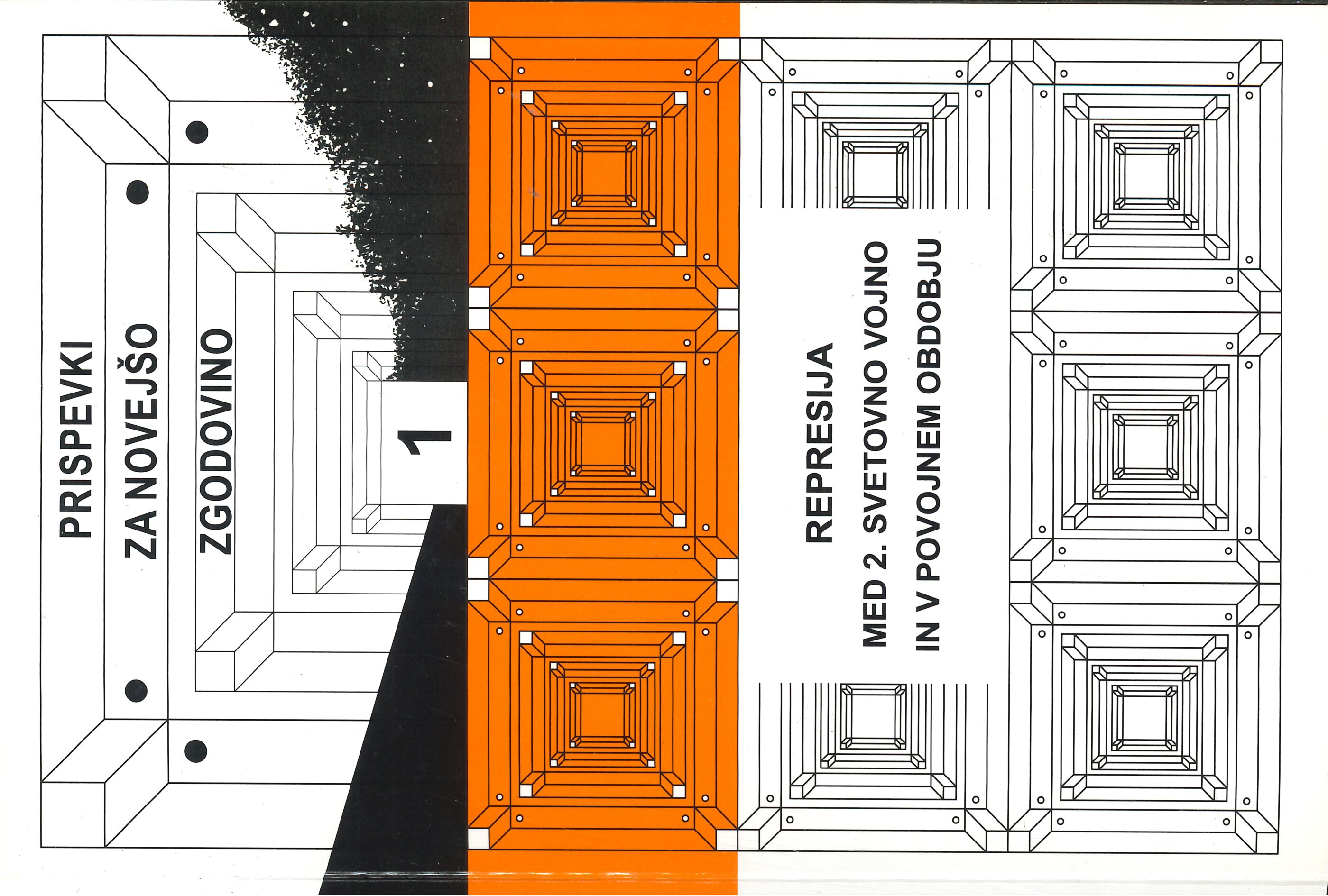Totalitarizem in Slovenija ali zakaj za Slovenijo ni ustrezna terminologija, ki jo uporabljajo v tuji strokovni literaturi?
Keywords:
Slovenia, totalitarianism, fascism, Nazism, StalinismAbstract
TOTALITARISM AND SLOVENIA, OR WHY THE TERMINOLOGY USED IN THE FOREIGN EXPERT LITERATURE IS INAPPROPRIATE IN CASE OF SLOVENIA
Totalitarianism as a concept has come into use after 1923. At first it denoted the fascist movement in Italy, but later its meaning was extended to similar phenomena in other countries. Totality is supposed to describe the authorities not satisfied merely with controlling the political life in a country, but trying to penetrate all aspects of life and social subsystems, from economy to media, culture and sports, as well as interfering with the private realm, aiming to influence the way people think, make decisions, and act. The concept of totalitarianism came into scientific use after World War II, when Hannah Arendt published her work The Origins of Totalitarianism. In the following decades research under the influence of the Cold War took place, often focusing on comparing the Soviet Union under Stalin and after his death, in the time of de‐Stalinisation. The question of which regimes could be described as totalitarian has been asked throughout the decades, and it once again became the subject of more attention in the expert discussions after the fall of the Berlin Wall and the end of the Cold War in the 1990s.
Downloads
Published
Issue
Section
License
Authors who publish with this journal agree to the following terms:
- Authors retain copyright and grant the journal right of first publication with the work simultaneously licensed under a Creative Commons Attribution License that allows others to share the work with an acknowledgement of the work's authorship and initial publication in this journal.
- Authors are able to enter into separate, additional contractual arrangements for the non-exclusive distribution of the journal's published version of the work (e.g., post it to an institutional repository or publish it in a book), with an acknowledgement of its initial publication in this journal.
- Authors are permitted and encouraged to post their work online (e.g., in institutional repositories or on their website) prior to and during the submission process, as it can lead to productive exchanges, as well as earlier and greater citation of published work (See The Effect of Open Access).


